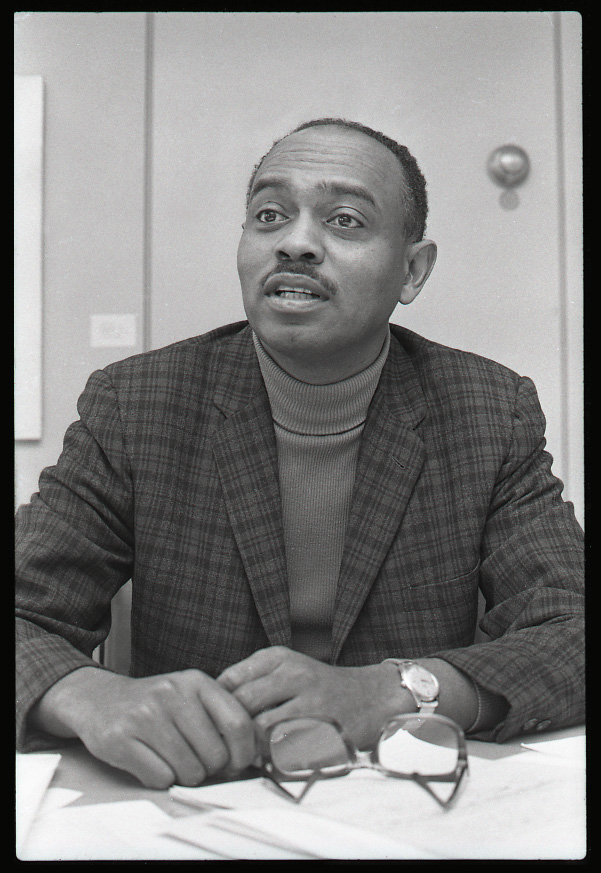Alan C. Swedlund Papers
Born in Sacramento, Calif., but raised in Colorado, the biological anthropologist Alan C. Swedlund received each of his degrees at the University of Colorado Boulder (PhD, 1970). After a brief stint at Prescott College, Swedlund joined the faculty at UMass Amherst in 1973, where he helped to develop the doctoral program in biological anthropology and chaired the department for five years in the early 1990s. A prolific scholar, he drew upon diverse methodologies drawn from demography, epidemiology, and physical anthropology to explore interactions between cultural processes and human biological conditions in populations ranging from the Ancient Pueblo of the southwestern United States, to contemporary Central America and Yucatan, and historical New England. Among dozens of publications, he was author or editor of seven books, including Shadows in the Valley: A Cultural History of Illness, Death, and Loss in New England, 1840-1916 (2010), Plagues and Epidemics: Infected Spaces Past and Present (2010), and Beyond Germs: Explorations of Indigenous Depopulation in North America (2015). He was granted emeritus status upon his retirement in 2008.
The Swedlund Papers include extensive professional correspondence from his first professional appointment at Prescott College through the time of his retirement, along with numerous grant applications, unpublished papers and talks, and research data. Of particular note are extensive records and data files for his study of nineteenth-century demography in the Connecticut River Valley and Franklin County, Mass.


